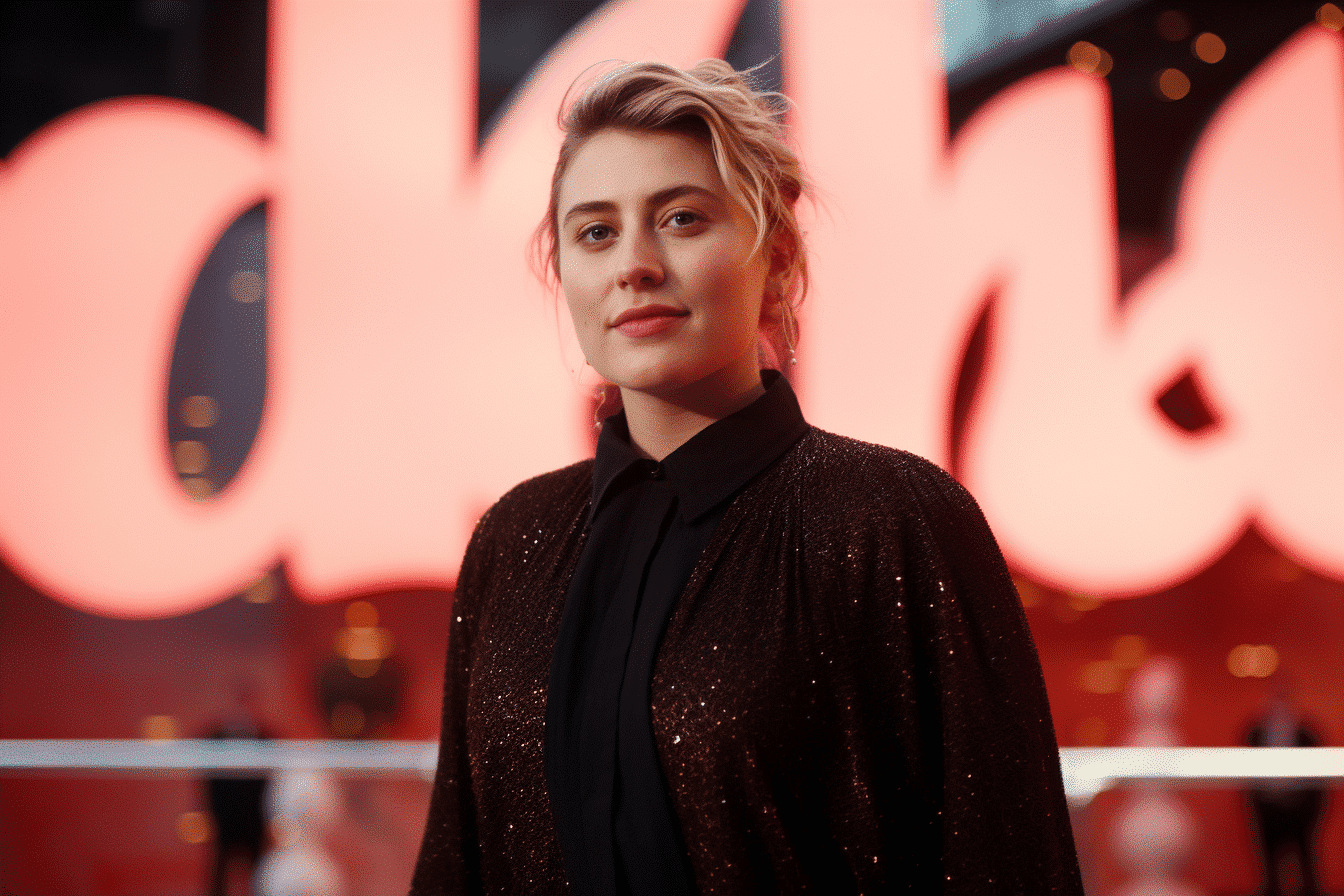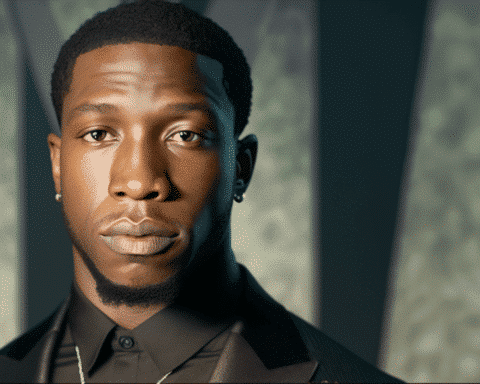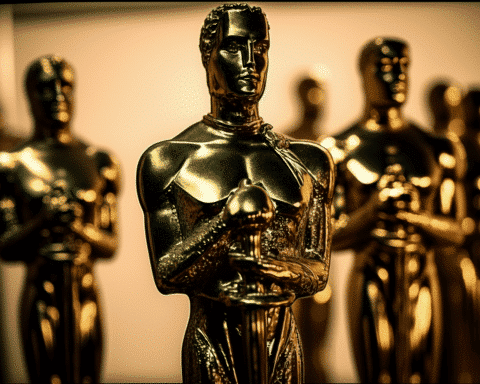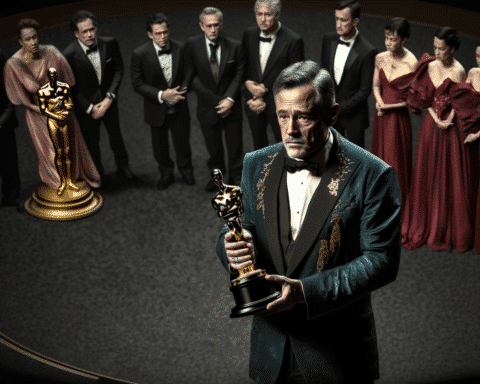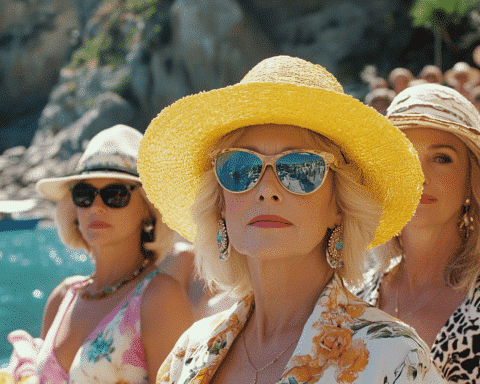Greta Gerwig’s cinematic adaptation of “Barbie” has made history, raking in an impressive $1 billion at the global box office in just three weeks, making her the first solo female director to achieve this milestone. The Warner Bros. release highlights the rising clout of female-directed films in an industry typically dominated by male-oriented and franchise-driven movies.
Out of the 53 films in the billion-dollar club, only nine predominantly feature female protagonists. “Barbie” joins the elite group, which includes movies like “Finding Dory,” “Frozen” series, “Beauty and the Beast,” “Star Wars: The Last Jedi,” “Captain Marvel,” “Titanic,” and “Alice in Wonderland.” Despite such successes, blockbusters focusing on grown women remain limited, underlining Hollywood’s historical gender disparity.
The “Barbie” movie, starring and produced by Margot Robbie, with Ryan Gosling playing Ken, has captivated both domestic and international audiences. The film also boasts of a star-studded cast that includes Issa Rae, America Ferrera, Dua Lipa, Simu Liu, Michael Cera, Helen Mirren, John Cena, and Will Ferrell.
The film’s monumental success and its reception among audiences reflect the evolution of female representation in Hollywood. From a paltry 20% female protagonists in 2007, the number has climbed to 44% in 2022, as per a study by Stacey L. Smith of the University of Southern California.
The film’s narrative centers around the iconic figures, Barbie and Ken, as they embark on a journey of self-discovery outside their familiar Dreamhouse. It expertly caters to younger viewers and adults, blending nostalgia with a modern interpretation. It addresses deep-seated cultural conversations surrounding gender roles and female empowerment, striking a chord globally.
During its opening weekend, 69% of the domestic ticket buyers were women, which rose to 71% the subsequent weekend. This is emblematic of the film’s wide-reaching appeal, transcending gender stereotypes.
Beyond its entertainment value, the success of “Barbie” also signals a significant shift in industry perspectives. For decades, Hollywood’s investment patterns in films have been dictated by entrenched cultural norms. This film challenges the status quo, providing a refreshing lens on both representation and the potential for box office success.
Despite the monumental success of “Barbie,” the question remains whether this will lead to a more significant number of female director nominations for the Oscars. Greta Gerwig, previously Oscar-nominated for her film “Lady Bird,” has again showcased her unparalleled directorial prowess with “Barbie.”
While the movie industry continues to grapple with issues of representation and diversity, “Barbie” stands as a testament to the untapped potential of stories that resonate with broader audiences, irrespective of gender. As Hollywood continues to evolve, one hopes that films like “Barbie” pave the way for a more inclusive and representative future.
Greta Gerwig’s rendition of “Barbie” is more than just a successful film; it’s a testament to the changing tides of Hollywood. By embracing female protagonists and directors, the industry has the potential to champion diversity and pave the way for more inclusive storytelling. As “Barbie” sets a new benchmark, it also sets a new hope – that cinema’s future will be one where talent, irrespective of gender, finds its rightful place under the spotlight.
